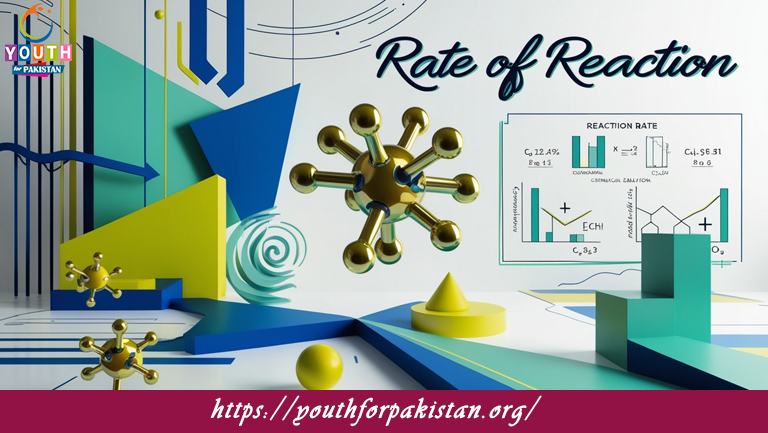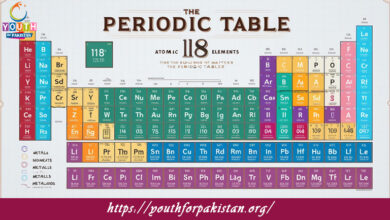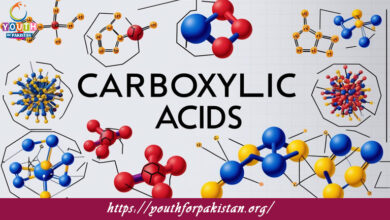The Rate of Reaction MDCAT Quiz is an essential practice tool for students preparing for the Medical and Dental College Admission Test. This topic focuses on the speed at which reactants are converted into products, influenced by factors such as temperature, concentration, and catalysts. Understanding these principles is vital for excelling in the MDCAT chemistry section, as reaction rates are a fundamental aspect of chemical kinetics and frequently tested in the exam.
Importance of Rate of Reaction Quiz
The MDCAT Quiz on the rate of reaction provides targeted practice on topics like rate laws, reaction mechanisms, and the factors affecting reaction rates. These quizzes help students develop the analytical skills needed to solve complex problems, including interpreting graphs, understanding zero, first, and second-order reactions, and calculating rate constants. By practicing these questions, students can strengthen their grasp of core concepts and improve their ability to tackle time-sensitive problems during the exam.
0Get Your Username and Password for MDCAT Tests
Sign Up Now
Free Flashcards for Reaction Rate Preparation
To complement the MDCAT Quiz, free flashcards on the rate of reaction are available for quick and effective revision. These flashcards highlight critical formulas, definitions, and methods for solving rate-related problems. They are especially helpful for memorizing key concepts like the Arrhenius equation and the effect of catalysts on activation energy. Compact and easy to use, these flashcards make last-minute revisions stress-free and efficient.

The rate of a chemical reaction is defined as the change in __________ over time.

The rate of reaction is generally expressed in terms of __________.

The unit of rate of reaction is __________.

The rate of a reaction can be affected by __________.

An increase in temperature generally __________ the rate of reaction.

A catalyst __________ the rate of a reaction.

The rate of a reaction is proportional to the __________ of reactants.

In a zero-order reaction, the rate is __________ of reactant concentration.

The rate of reaction can be determined by measuring __________ over time.

The rate constant for a reaction depends on __________.

A reaction is considered slow if it has __________ activation energy.

The instantaneous rate of a reaction is determined at a __________ point in time.

A first-order reaction has a rate proportional to the __________ of one reactant.

The rate law is determined by __________ data.

The rate-determining step is the __________ step in a multi-step reaction.

The rate of a reaction increases with an increase in __________ area.

A reaction with a high rate constant (k) occurs __________.

For a second-order reaction, the rate depends on the __________ of two reactants.

In a reversible reaction, the rates of forward and reverse reactions are __________ at equilibrium.

The rate constant has different __________ for reactions of different orders.

A reaction mechanism describes the __________ of the reaction.

The rate of a gaseous reaction can be measured by change in __________.

A homogeneous reaction occurs in a __________ phase.

In a heterogeneous reaction, the rate depends on the __________ of contact.

The average rate of reaction is calculated over a __________ time period.

The rate constant is __________ for a specific reaction at a given temperature.

A catalyst provides an alternative pathway with a __________ activation energy.

The rate law cannot include __________.

In collision theory, only collisions with sufficient __________ lead to a reaction.

The rate of decomposition of a reactant is __________.
Experience the real exam environment with our expertly designed collection of over 25,000 MCQs MDCAT Mock Tests.
View Your Dashboard







